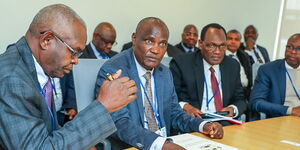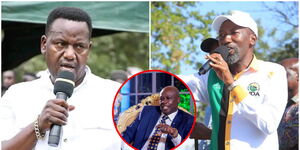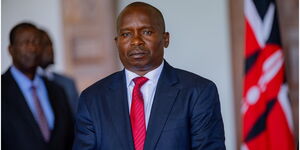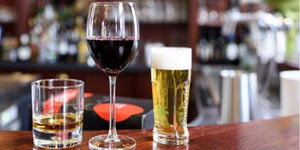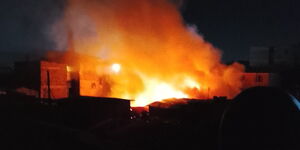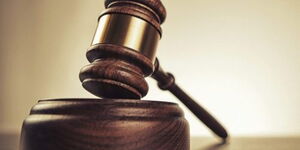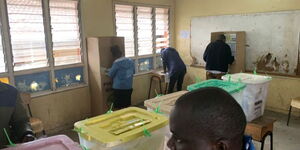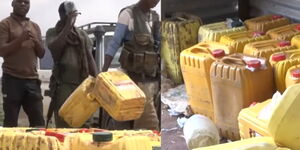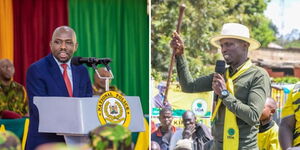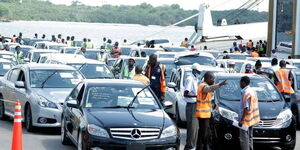A video showing an ambulance being turned away by police officers at a roadblock in Nairobi has prompted mixed reactions from Kenyans.
The roadblocks, put in place to deter Nairobi residents from accessing the Central Business District (CBD) to participate in the July 7,
Among those who took issue with the blocking of the ambulance was the National Gender and Equality Commission (NGEC), which demanded that first responders' vehicles, doctors, pregnant women and other vulnerable groups be allowed passage, as many could be seeking medical care.
"We call upon security agencies to uphold dignity, humanity & constitutional rights. Ensure free passage for doctors, ambulances, pregnant women, PWDs, older persons, and anyone seeking medical attention.
"Sections 43 & 54 of the Constitution guarantee health, access, and protection for vulnerable groups. Let’s not trample rights in the name of control."
One officer manning a roadblock at the intersection of Ushirika Road and Gataka Road in Karen told one of our reporters, no one is allowed to pass the barrier, not even an ambulance. This confirms the case around the capital and its environs.
Currently, human rights groups are already decrying the lack of ambulances at Ngong, where several have reportedly been shot during the protests.
As early as 4am on Monday morning, police officers erected barricades on all major roads in Nairobi, leaving daily commuters stranded.
Among the roads most affected was the Thika Superhighway, which saw roadblocks erected at the TRM roundabout, Roasters, Alsops and Guru Nanak.
Others affected were Waiyaki Way, Mombasa Road, and Ngong Road, leaving Kenyans planning to be in the CBD on Monday for any reason to postpone their businesses.
The shops and other businesses remain closed as police officers roam the capital, with the BBC correspondent Ian Wafula describing an interaction with one such police officer, telling him there would be no news for him.
However, the outskirts of the city have seen an upsurge in violence, including Ngong, Kitengela, Kiserian, and Mwea, among others, with at least five reported dead so far.
Kenyans came out on July 7 to mark the Saba Saba Day of 1990, which sparked multipartism and revolutionised Kenyan politics over three decades ago.

